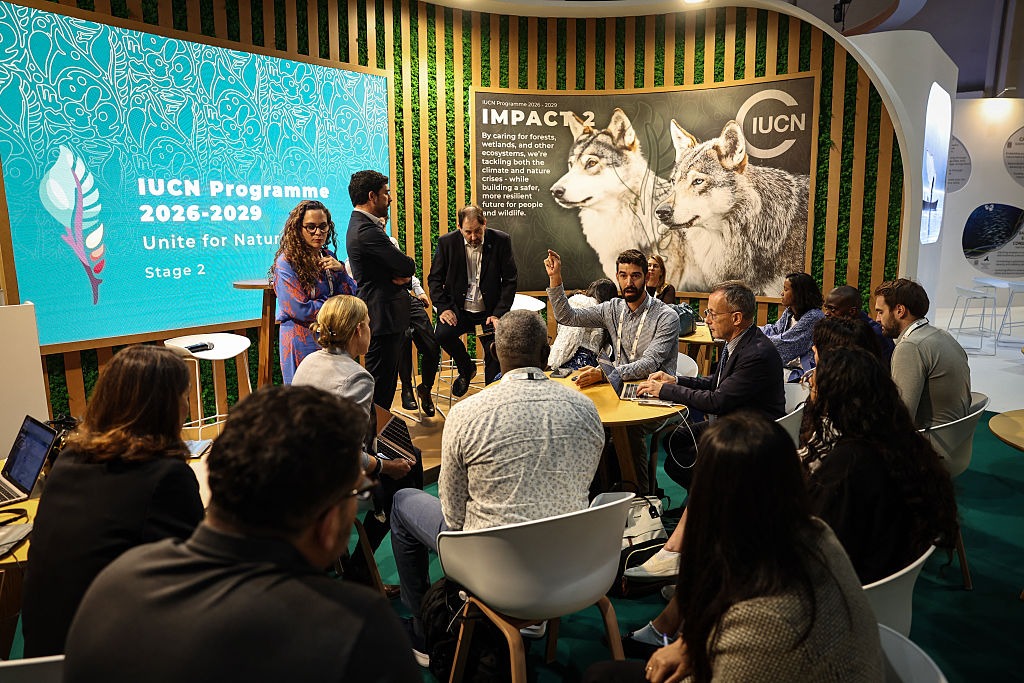This week, members of the International Union of Conservation of Nature, one of the world’s largest conservation groups, voted against a moratorium on the release of genetically engineered species into the wild in order to assist in conservation efforts – as well in favor of the use of synthetic biology – the technology used to alter or “edit” genetic material in living cells.
The two motions have drawn intense criticism from Indigenous-led groups and international organizations focused on agriculture, beekeeping, conservation, and biodiversity, who lobbied the International Union of Conservation of Nature, or IUCN, to impose the moratorium. A related motion, which would greenlight the use of synthetic biology for research, was approved in a vote.
At issue is the efficacy and ethical safeguards related to genetically engineered species. Since the 1990’s, genetically modified foods have been available to consumers in grocery stores. However, as gene editing technology has improved, scientists have worked on efforts related to climate change, such as disease vectors carried by mosquitoes, which have increased due to hotter temperatures driven by climate change. For instance, in August, a nonprofit released 16,000 genetically modified mosquitoes to subdue Anopheles gambiae, the mosquito species responsible for carrying malaria. The project was shut down a week later by authorities.
“At this point, the science is new, and we don’t actually have data or evidence to suggest that it could be safe,” said Dana Peris, a senior food and technology manager at Friends of the Earth, a network of environmental groups. “Instead, we have evidence that suggests this is highly risky. It’s irreversible.”
Indigenous organizations, like the Coordinator of Indigenous Organizations of the Amazon River Basin and Wise Ancestors, meanwhile, have argued that consultation protocols and policies must be established, which “includes addressing ethical considerations such as free, prior, and informed consent and data sovereignty before research applications are considered.” Free, Prior and Informed Consent – the gold standard for Indigenous rights enshrined in international law – must be followed before companies, researchers, or governments deploy synthetic biology in Indigenous territories they say.
“Unintended consequences can permanently impact ecosystems and including people and animals.” said Peris.“And so, until there are precautionary regulations and robust risk assessments, free and prior informed consent to the rights of Indigenous peoples and local communities to decide for themselves about whether or not they want to be engaged in this risk.”
However, Susan Lieberman, a member of the IUCN, calls the votes a victory in tackling biodiversity loss and conservation challenges spurred by climate change.
“These resolutions adopted by IUCN in Abu Dhabi will steer policy toward evidence-based choices that safeguard both nature and human well-being — and include the rights and leadership of Indigenous Peoples, essential partners in any durable conservation agenda,” she said.
Source link
Miacel Spotted Elk grist.org



